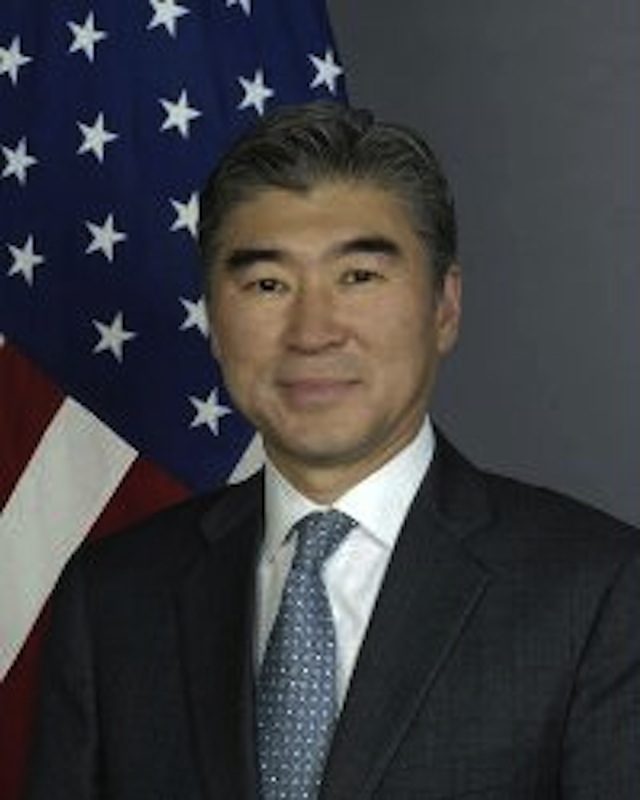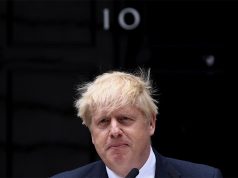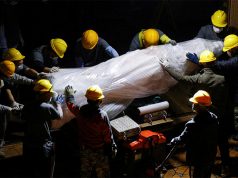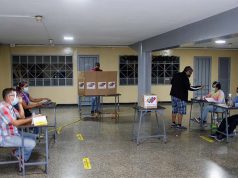MANILA, Philippines — Malacañang summoned U.S. Ambassador Sung Kim on Thursday over the reference to the Philippines in the U.S. intelligence community’s “Worldwide Threat Assessment.”
The report drew the administration’s ire after media reported on the inclusion of the Philippines among “regional threats” in the section about Southeast Asia that noted democracy and human rights “will remain fragile in 2018 as autocratic tendencies deepen in some regimes and rampant corruption and cronyism undermine democratic values.”
(READ THE FULL REPORT HERE: https://www.dni.gov/files/documents/Newsroom/Testimonies/2018-ATA—Unclassified-SSCI.pdf)
Its release this week came even as the country slid in the rankings of anti-corruption watchdog Transparency International and protests against President Rodrigo Duterte’s perceived autocratic bent and mis-governance ramped up, timed to coincide with the 32nd anniversary of the 1986 People Power uprising that ousted the dictator Ferdinand Marcos.
The entry on the country states:
“In the Philippines, President Duterte will continue to wage his signature campaign against drugs, corruption, and crime. Duterte has suggested he could suspend the Constitution, declare a ‘revolutionary government,’ and impose nationwide martial law. His declaration of martial law in Mindanao, responding to the ISIS-inspired siege of Marawi City, has been extended through the end of 2018.”
The government protested media reports, many of which said the U.S. was “concerned” that Duterte had become a threat to democracy in the region alongside Cambodia’s Hun Sen, Myanmar’s Rohingya crisis and Thailand’s military-backed constitution.
It said the entry did not unequivocally call the country a threat to democracy.
“For one, President Rodrigo Roa Duterte is no autocrat or has autocratic tendencies. He adheres to the rule of law and remains loyal to the constitution,” presidential spokesman Harry Roque said in a statement.
A brief statement from the U.S. embassy acknowledged that Kim met with Executive Secretary Salvador Medialdea to discuss the report produced by the Office of the Director of National Intelligence.
It said Kim “explained the nature of the report — an annual assessment on conditions in each of the world’s various regions, based on widely available information.”
“Their discussion focused on the references to the Philippines in the report, including clarifying that the information about the Philippines had been previously reported by media sources,” the embassy said, without giving further details. “Additionally, they discussed shared interests and possibilities for expanding our partnership.”










